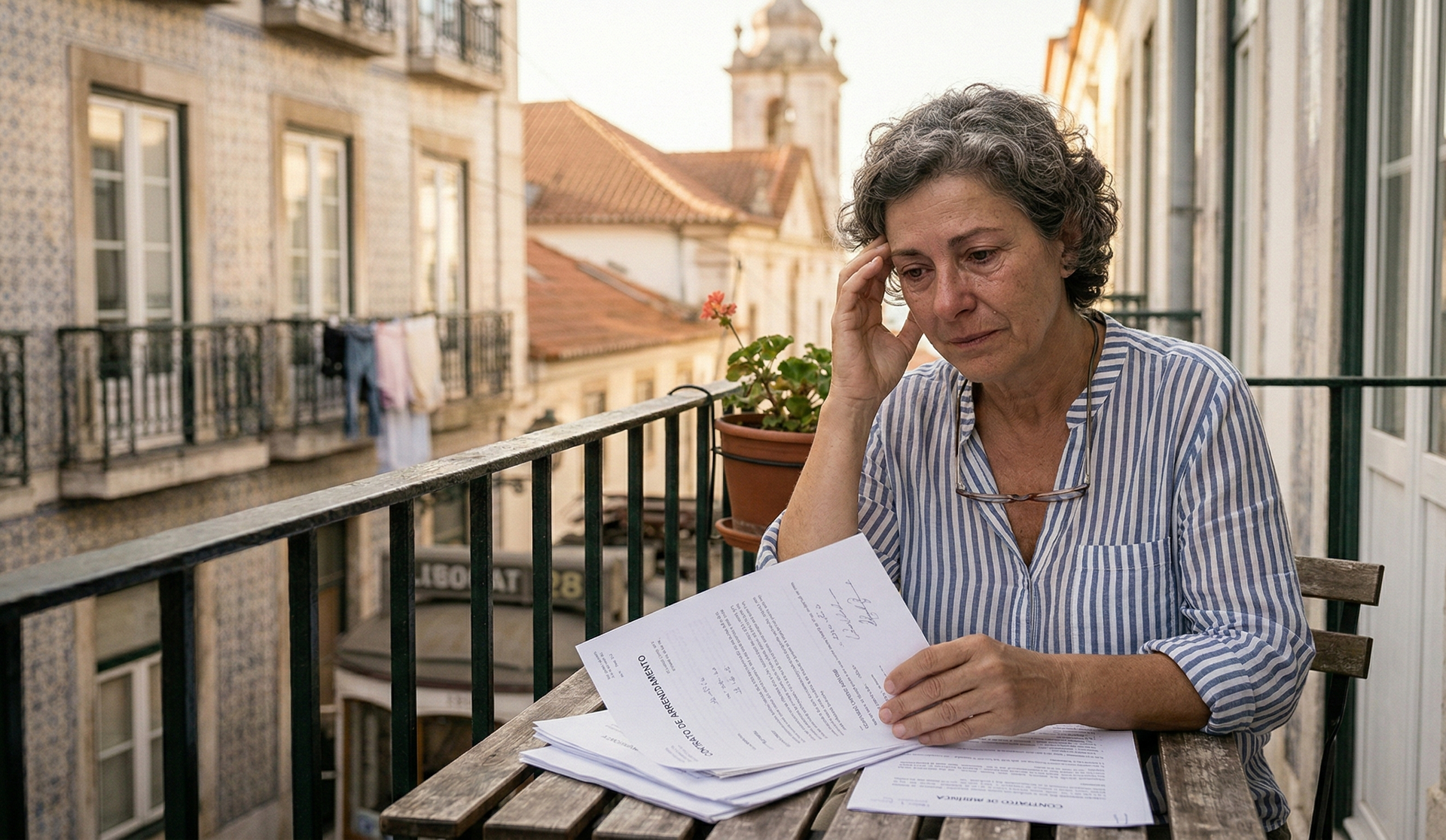Descendants of Portuguese Sephardic Jews: The New Rules
New rules will be enforced for the acquisition of Portuguese nationality, through naturalization, granted to descendants of Portuguese Sephardic Jews, according to the regulation implemented by Law Decree number 26/2022 of 18.03, which introduces relevant changes added to all the previous requirements.
Therefore, from 1st September 2022 onwards, it will be necessary to submit a certificate of ownership, transmitted by death, of rights over real estate located in Portugal. The ownership of personal rights of enjoyment or shareholdings in commercial companies or cooperatives with headquarters in Portugal is also accepted. To prove this, instead of a certificate, an affidavit with this content will suffice.
In case it is not possible to obtain any of these documents, the applicant can alternatively submit, along with his or her application, proof of regular trips to Portugal that he or she has made throughout his or her life.
From September 2022 on, the descendants of Portuguese Sephardic Jews may apply for Portuguese citizenship, but they will have to demonstrate, first, (i) a tradition of belonging to a Sephardic community of Portuguese origin, based on proven objective requirements for connection to Portugal, specifically descent surnames, family language, direct or collateral descent; and second, (ii) connection to the Portuguese community as mentioned above.
This effective and lasting connection to Portugal must be proven through a certificate issued by the Jewish community based in Portugal, and central to the application, with the status of a religious legal person, under the terms of the law, which will attest to the tradition of the applicant belonging to a Sephardic community of Portuguese origin, based on proven objective requirements of the connection to Portugal, namely in the applicant's surname, in the family language, in the genealogy, and in the family memory.
This certificate must mention all relevant personal information from the applicant in regard to the tradition of belonging to the Portuguese Jewish Community itself, along with the description as detailed as possible of the family ties, and the proof which these ties were based on. The Portuguese Jewish Community issuing the Certificate must also mention all important elements for attesting the belonging to the Portuguese Jewish community.
According to this new law, for a period of 20 years, the Jewish Community will assume the role of trustee of such proof, which shall be scanned, along with the Certificate, and sent electronically to the Central Registry Office at the same time as the application is submitted. In case of damage of may of the documents during the scanning procedure, the Civil Register Official may later ask the Jewish Community and/or during the application analysis, for the original documents.
Apart from this and on a more optimistic note, the legislator now clearly indicates that the criminal record certificate of the country of birth and/or the country of nationality are waived whenever the applicant proves that, after completing the age of criminal liability (16 years old), he or she lived in another country (different from the one he or she was born or the country of nationality).

Cecília Beatriz Ferreira
Lawyer










